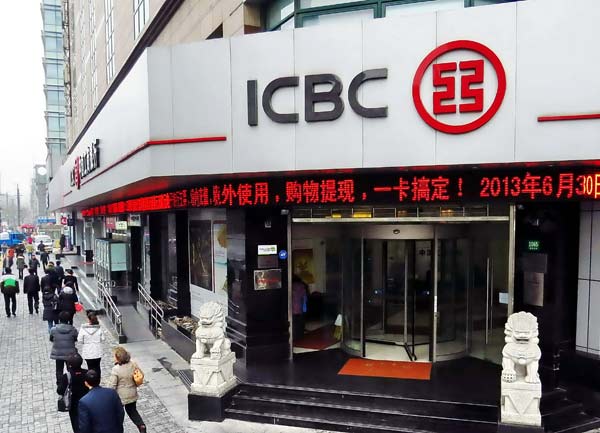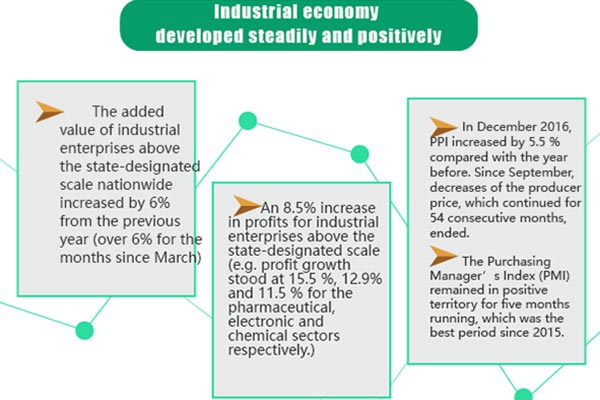Forex purchases rise for 3rd straight month
|
 |
|
An Industrial and Commercial Bank of China Ltd outlet in Shanghai. China's financial institutions added 295.4 billion yuan ($47.67 billion) in the purchase of foreign exchange in February. Provided to China Daily |
Economists expect central bank to control capital flows, drain liquidity
Foreign exchange purchases grew for the third consecutive month in February, releasing liquidity while adding pressure to authorities' selection of monetary policy.
China's financial institutions added 295.4 billion yuan ($47.67 billion) in the purchase of foreign exchange, after the figure recorded a historic high in January of 683.7 billion yuan, according to the latest figures from the People's Bank of China.
As of the end of February, Chinese financial institutions' total yuan funds outstanding for foreign exchange amounted to 26.83 trillion yuan.
The surprise increase came amid expectation of a rising yuan as the world's second-largest economy gradually recovers, as well as the developing countries launching a new round of quantitative easing.
Analysts attributed the continual increases to companies' willingness to hold assets in yuan as its value has risen. On Wednesday, the yuan hit a record high against the US dollar.
"The capital inflow and China's widening trade surplus in the first quarter are the major reasons for the yuan's appreciation pressures," said Wang Tao, chief economist with UBS Securities.
Although the February figure was much less than January's, Xie Yaxuan, head of macroeconomic research with China Merchant Securities, said the figure is still large, especially for a month that has fewer workdays than usual.
"Taking into consideration the trade deficit in March and a strong appreciating momentum of the yuan, there might be an arbitrage fund in the inflow of international capital," he said.
Xie Dongming, an economist in treasury research and strategy and global treasury at OCBC Bank, said: "The rise in foreign exchange purchase in February can be recognized as a global development of the RMB, especially with the offshore trading system getting more mature with an increase in cross-border deals.
"The arbitrage behavior is hard to eliminate, but the central government probably will release certain policies to control the capital flows appropriately," he said.
Xie added that foreign exchange purchase won't stay so high under the trade deficit reported in March.

















